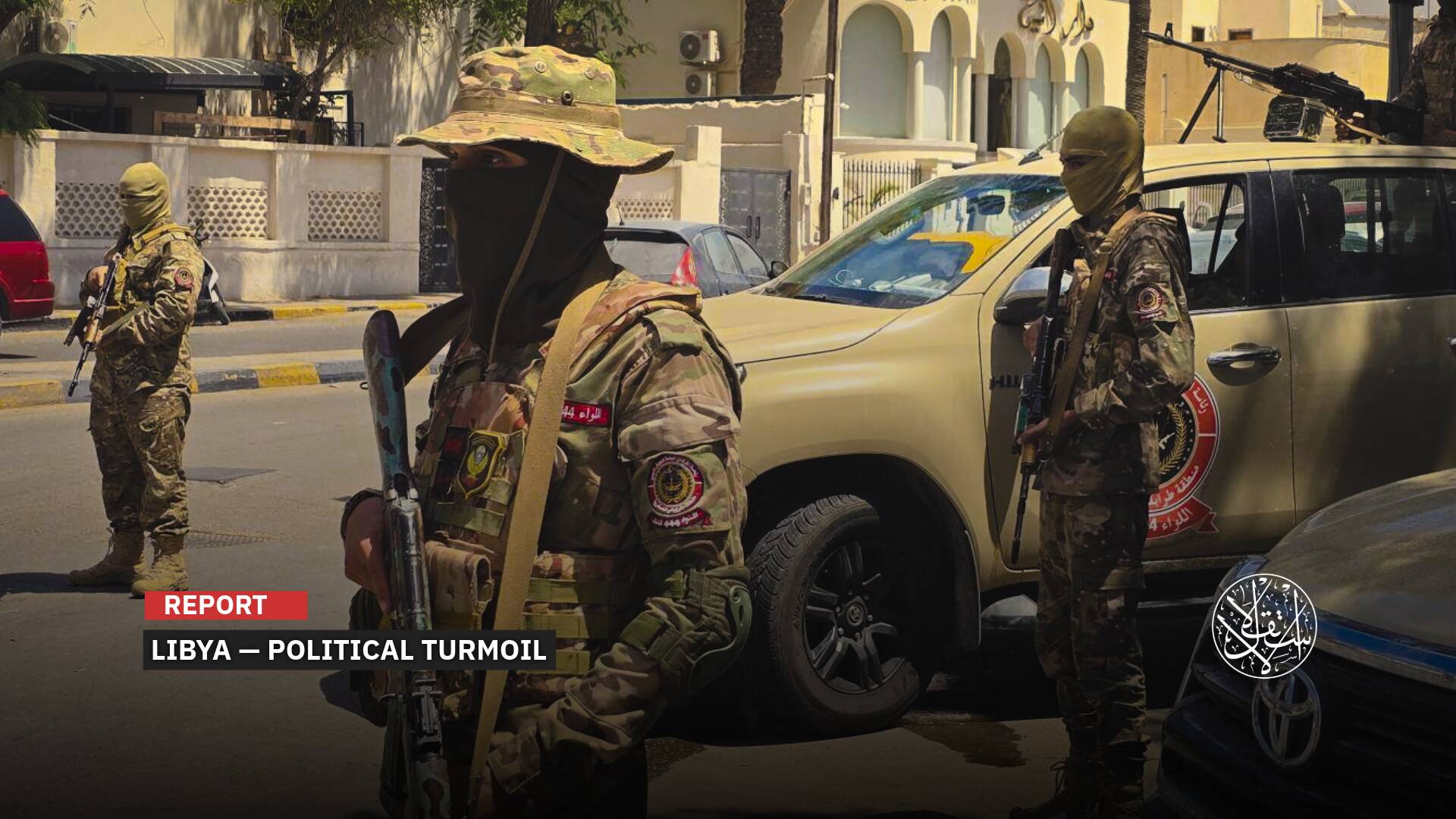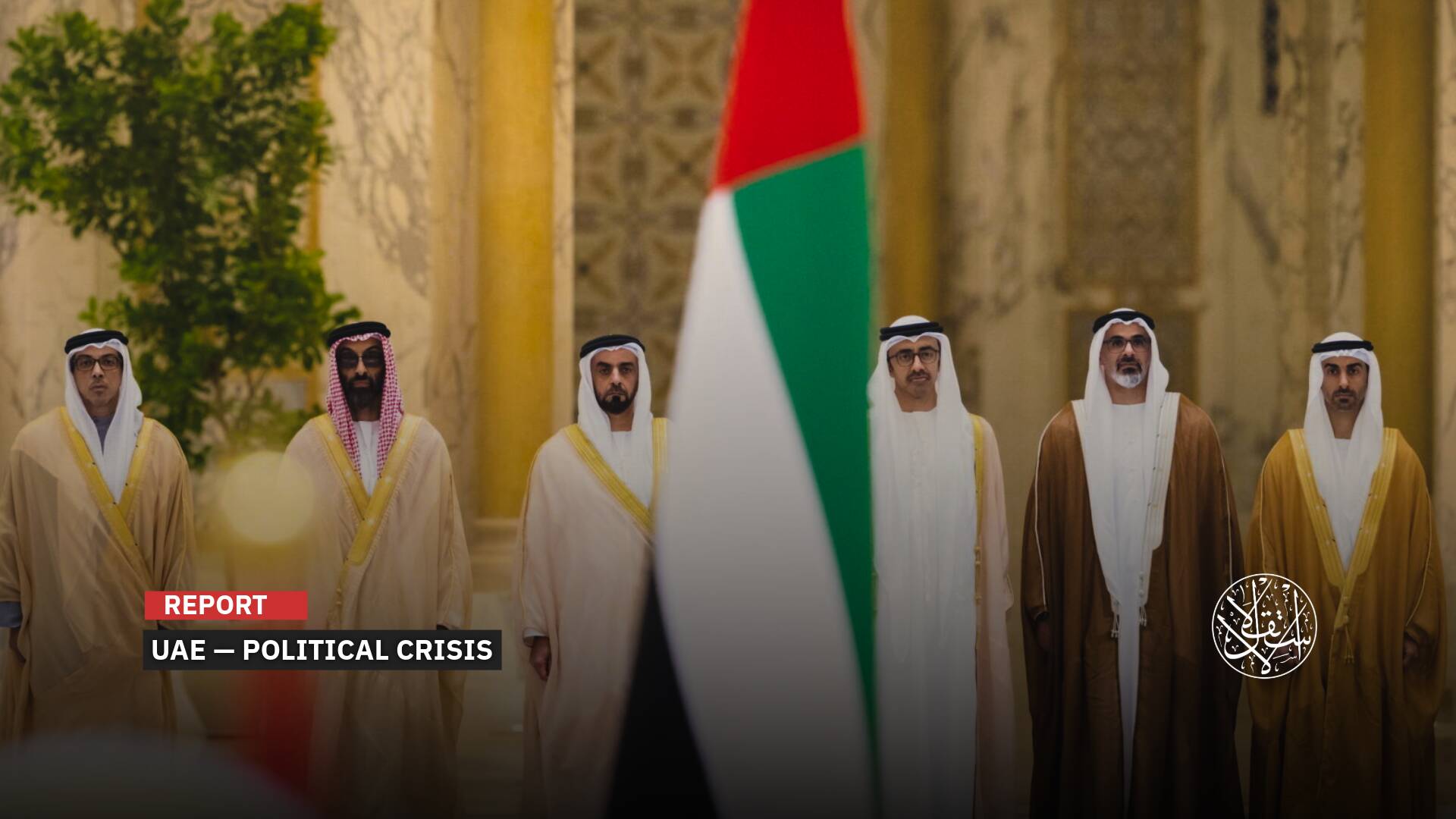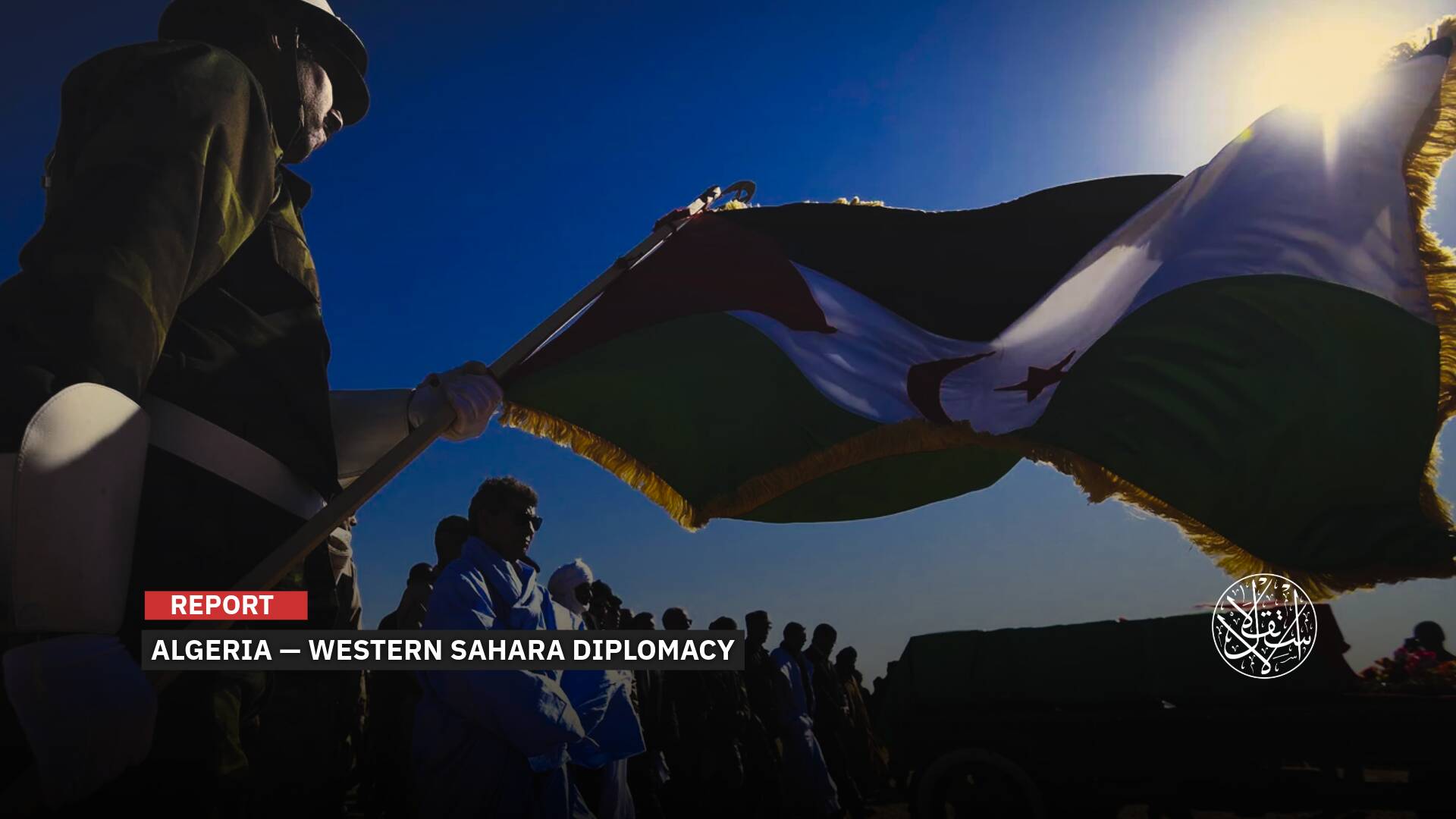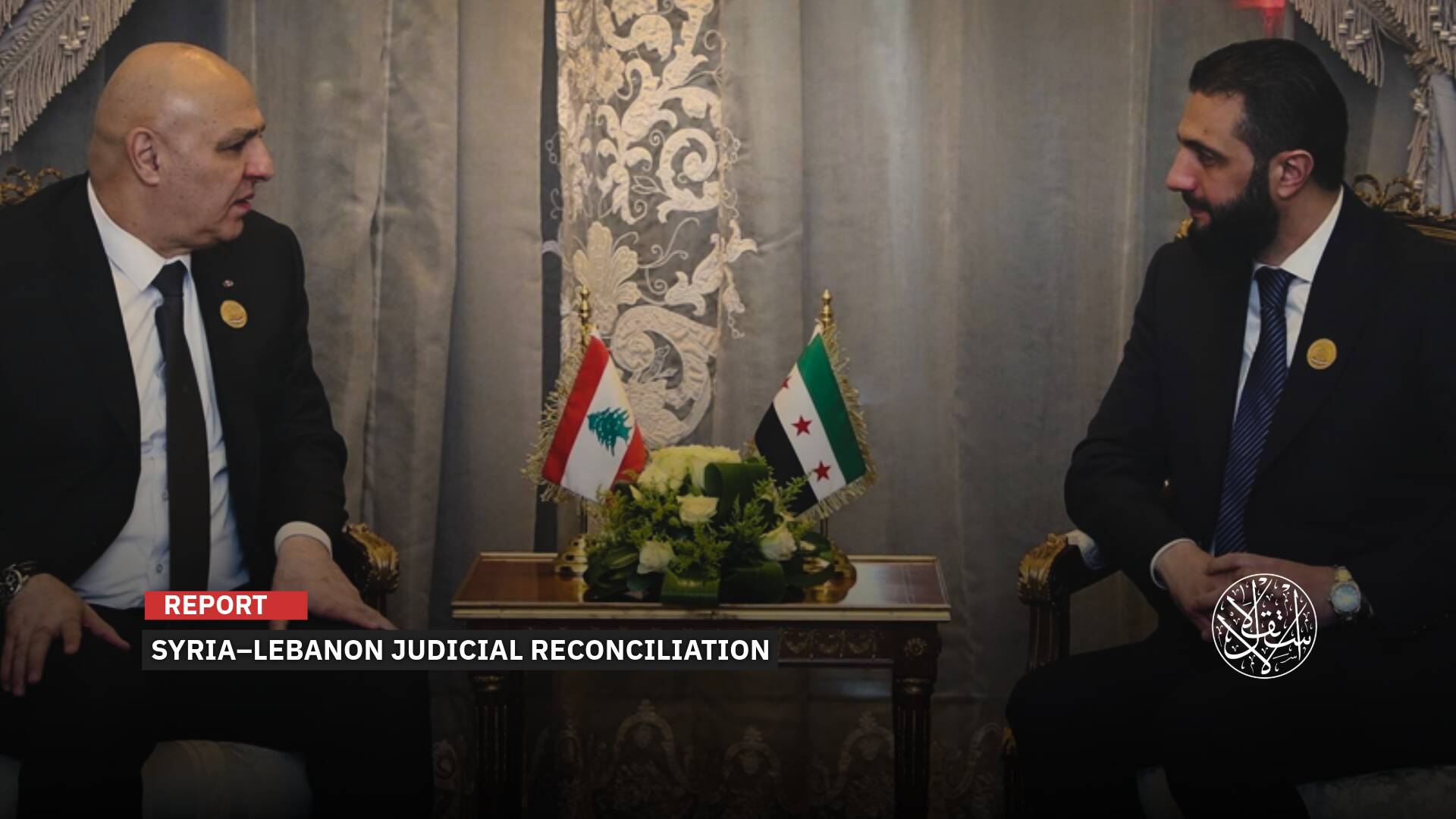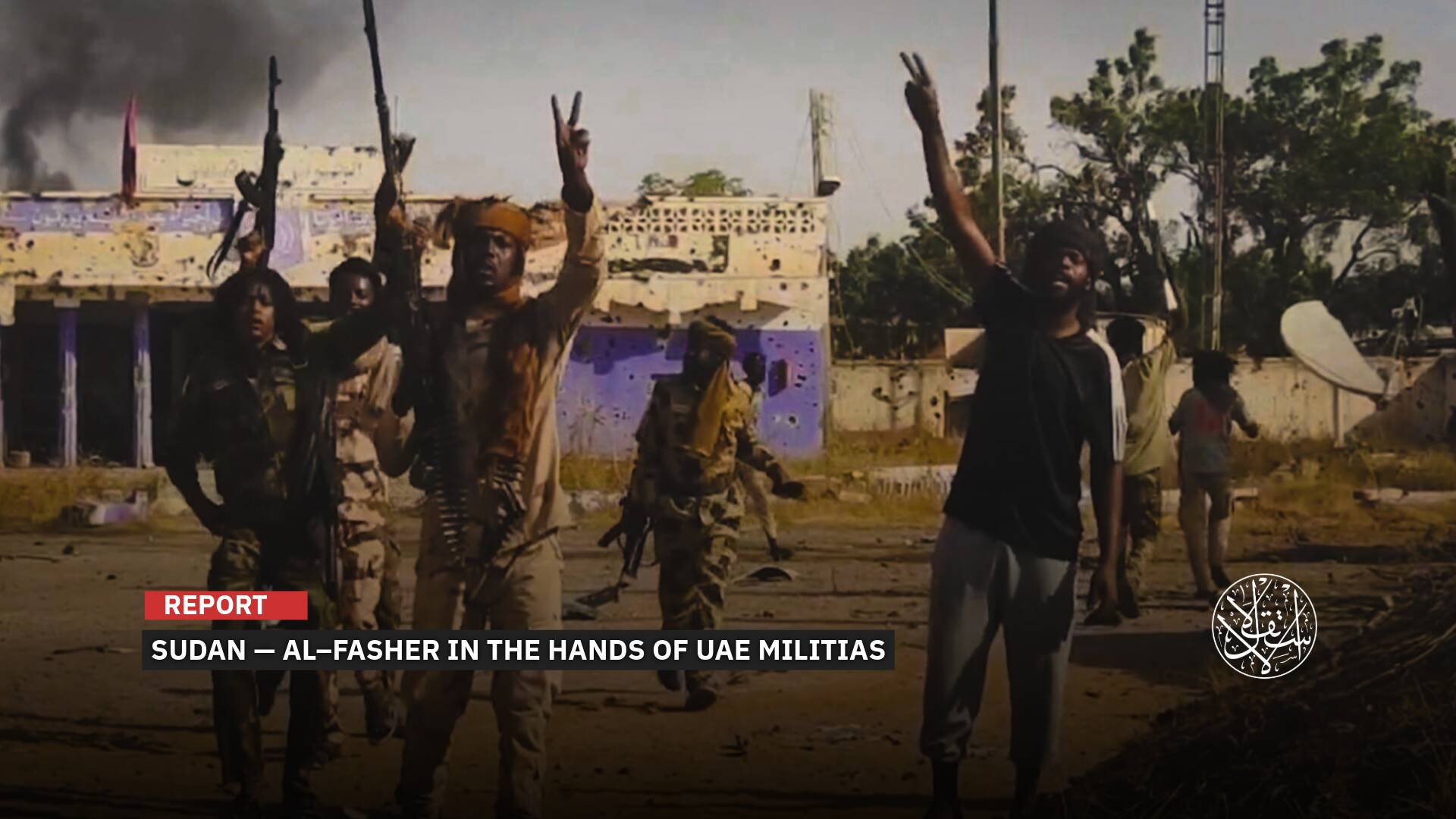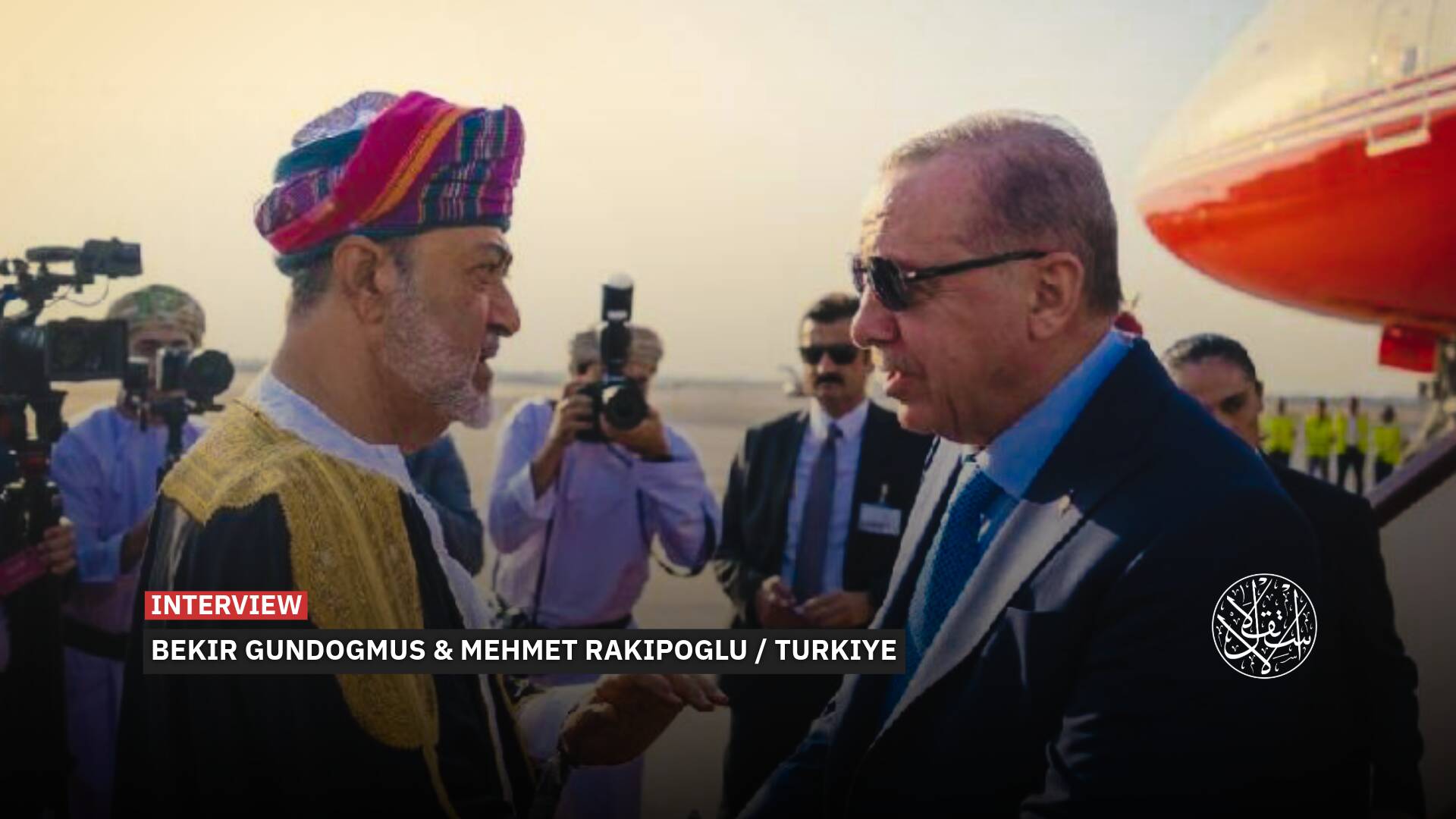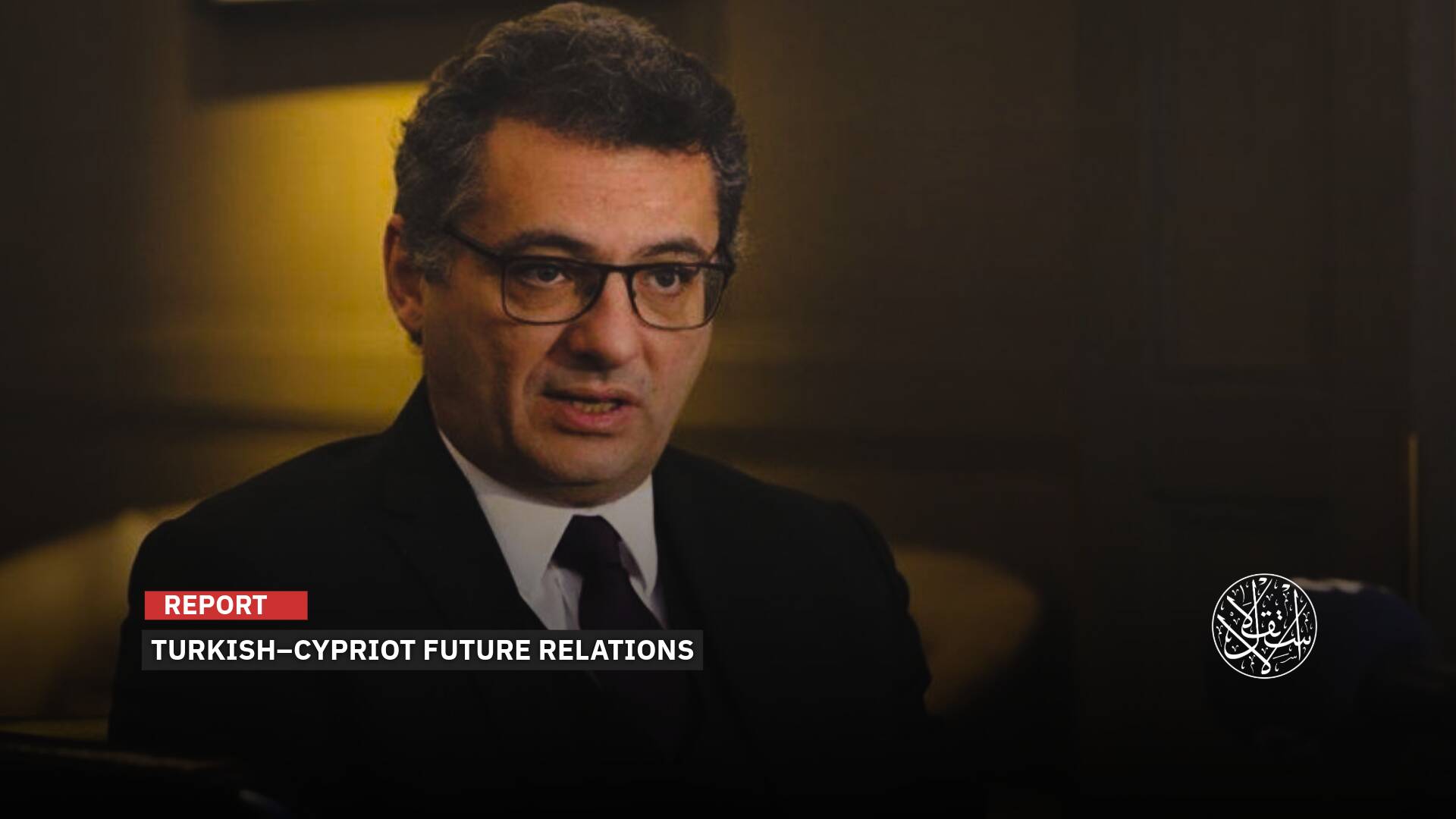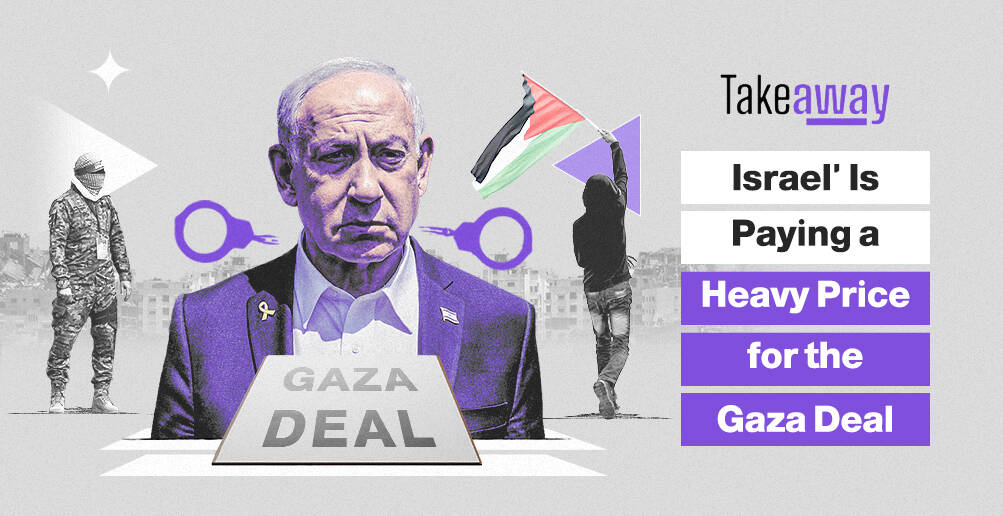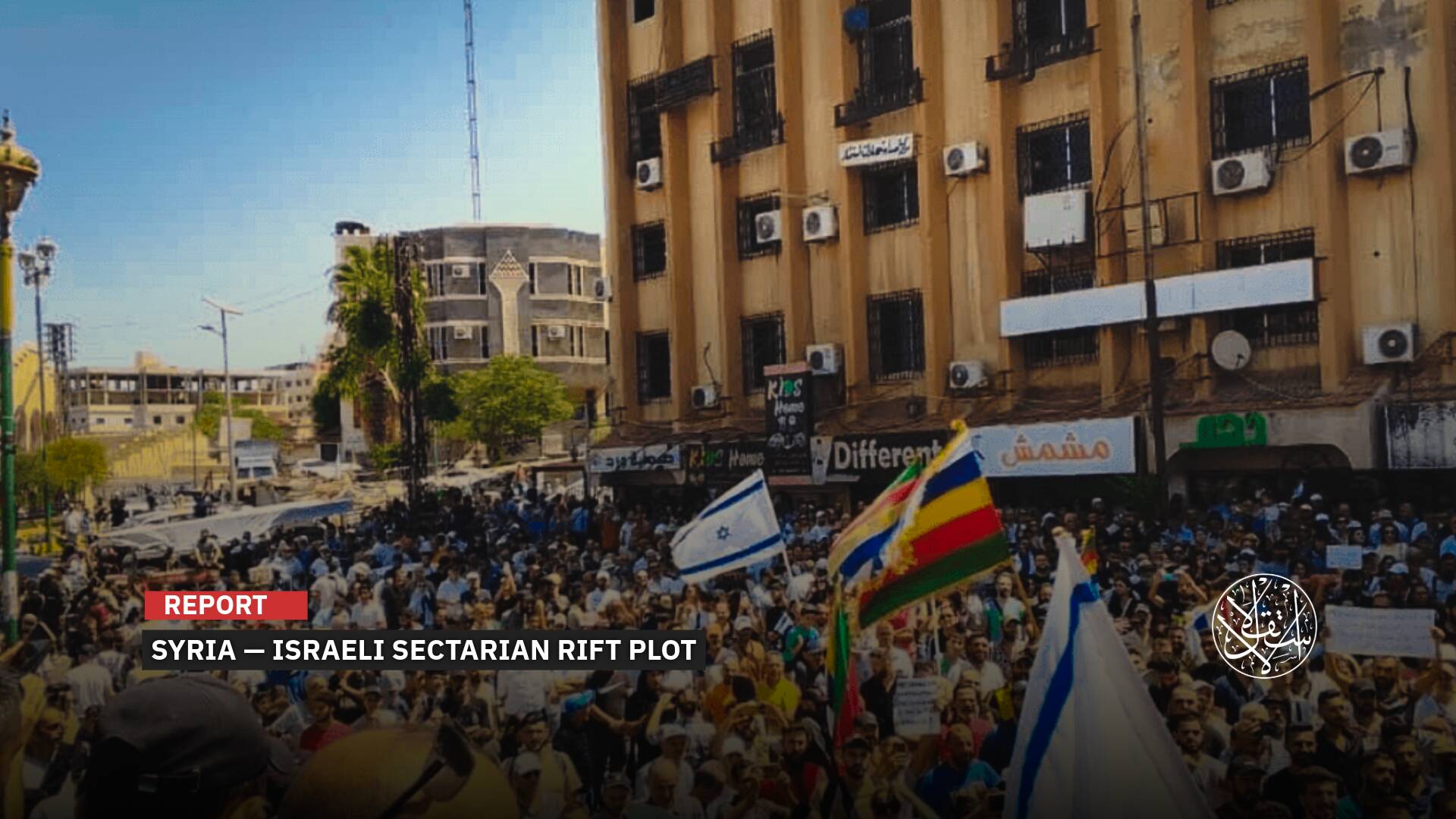Morocco-Mauritania: Strengthening Military and Strategic Ties

"The Mauritian-Moroccan partnership is a future hope for the entire Sahel and Sahara region."
Morocco is accelerating its military cooperation with its southern neighbor, Mauritania, with key issues such as security, migration, and smuggling on the agenda, while the question of Western Sahara remains at the heart of these efforts.
In the latest development, Rabat announced the fifth meeting of the Moroccan-Mauritanian mixed military committee, chaired by the Inspector General of the Moroccan Armed Forces and Commander of the Southern Region, General Mohammed Berrid, alongside the Chief of Staff of the Mauritanian Armed Forces, General Mokhtar Bellah Chaabane.
Strengthening Ties
In a statement released on November 12, 2024, the meeting underscored the strong ties of military cooperation between the Moroccan and Mauritanian armed forces and allowed the two parties to review the achievements of 2024 and outline activities for the 2025 cooperation program.
During the meeting, both military leaders welcomed cooperation between the two countries across various fields, particularly in security, defense, training, and the exchange of experience and expertise.
The two military officials highlighted the need to further strengthen cooperation between their armies in border security, combating illegal migration, and addressing cross-border criminal activities to ensure regional stability and address mutual challenges.
On the same day, the Minister Delegate for National Defense Administration, Abdellatif Loudiyi, welcomed General Mokhtar Bellah Cheikh at the ministry’s headquarters in Rabat.
The two officials expressed satisfaction with the level of friendship and cooperation between the two countries, affirming their shared ambition and desire to further cement these exemplary ties in the future.
On the same day as the meeting, Abdellatif Loudiyi, Morocco’s Minister Delegate in charge of Defense Administration, received Chabane at the Defense Administration Headquarters in Rabat.
Loudiyi and Chabane said that they are satisfied with the close friendship and cooperation between the two nations, reaffirming their mutual ambition and desire to deepen ties in the future.
In July 2006, Morocco and Mauritania solidified their military cooperation which was established in 1971 through the creation of the Joint Military Committee.
In early November 2024, a bilateral military meeting took place following the Marrakech Airshow 2024, held between October 30 and November 2, 2024.
According to a statement from the Moroccan Army General Staff, the meeting brought together the Inspector General of the Royal Armed Forces, General Mohammed Berrid, Mauritania’s Minister of Defense, Hanena Ould Sidi, and the Chief of the Air Force Staff, General Mohamed Cheikh Boyda.
The statement noted that the meeting provided an opportunity to address important issues aimed at strengthening military cooperation between the two countries, while also exploring new avenues for defense collaboration.
It added that the meeting reaffirmed the deep and robust military relations between the two neighboring nations in light of the regional challenges they face.
The officials emphasized their joint commitment to strengthening military ties and elevating them to meet the future expectations of both nations.

Shared Goals
In his analysis of these meetings, Moroccan security and strategic studies expert Mohammed al-Tayyar emphasized that the recent discussions, including the meeting between General Mohamed Berrid and the Chief of Staff of the Mauritanian Armed Forces, as well as the earlier talks between Berrid and Mauritania's Minister of Defense, come amid shifting security and geopolitical dynamics in the Sahel and Sahara regions.
Al-Tayyar told Al-Estiklal that "this growing momentum between the two sides aims to enhance security and military coordination, particularly regarding the monitoring of Mauritania's eastern borders, an area prone to the control of smuggling gangs, organized crime syndicates, and terrorist groups operating in northern and central Mali."
"Strengthening joint security measures between the two countries is intended to mitigate shared threats and overcome Mauritania’s limited resources, as well as the heavy presence of Polisario Front elements on the Algerian side of Mauritania’s northern border," he added.
The Polisario Front remains active along the eastern borders of the Western Sahara, where clashes occasionally occur with the Moroccan military.
The group operates from Tindouf, Algeria, as it presses for self-determination, while Morocco proposes an expanded autonomy plan under its sovereignty to resolve the ongoing dispute over the region.
Al-Tayyar considers "the meeting between the military officials of both countries [as a sign] that Morocco is keen to assist Mauritania in securing its northern territories, preventing attacks on both nations by Polisario militias. This makes border control and surveillance a key priority on both parties' agendas."
Mohamed Lagrini, International relations professor, asserted that such high-level military meetings indicate both parties' awareness of the serious security and military challenges threatening their interests and the risks posed at their shared borders.
In an interview with al-Arab, Lagrini added that the meeting also aligns with Morocco’s broader strategy of building strong partnerships with friendly and allied countries in various security and military fields, enhancing both nations' regional standing and ensuring peace and security in the area.
He further highlighted that the regular meetings between the military and security bodies of the two countries are crucial in expanding bilateral cooperation in military and security matters.
This cooperation serves as an effective model for South-South partnerships, showcasing a resolute commitment to addressing shared security challenges along the border.

Strategic Priorities
Regarding the significance of these meetings, retired Mauritanian Colonel Bukhari Mohamed Momil emphasized that "the region is increasingly plagued by cross-border crime and other evolving threats, which necessitates further bilateral cooperation to address the losses the region has suffered due to the concentration of power among major countries and their allies."
Momil told Mauritania's TTV channel that his country "shares borders with Morocco, through the desert controlled by Rabat, which makes these borders particularly sensitive."
"The war between the Polisario Front, supported by Algeria, and Morocco continues, while there is also ongoing conflict against smugglers, illegal gold miners, irregular migration, and even digital and cybercrime."
"Moreover, Mauritania has the added complexity of needing to maintain a balanced relationship between the two main parties in the regional dispute—specifically Algeria and Morocco."
"The meeting in Rabat was preceded by a meeting between the head of Mauritania’s army and the chief of staff of Algeria’s National Army, General Saïd Chengriha, in mid-October 2024."
Momil explained that Chengriha emphasized "the importance of strengthening cooperation between the two sides in a spirit of coordination and continuous collaboration on issues of mutual interest and regional security challenges."
"Mauritania has largely succeeded in balancing its relationships with both countries, as each seeks to position itself as Mauritania’s primary partner." He noted that Nouakchott is aware of this dynamic but aims to maintain balanced relations with both powers.
"Mauritania must work on this axis of balance, not only with Morocco and Algeria but also with other nations."
“Mauritania stands to benefit from Morocco’s drive to leverage its economic capabilities in service of its foreign diplomacy," noting that Nouakchott also seeks to take advantage of Morocco’s expertise in several key areas.
"Whether in renewable energy, uranium extraction, agriculture, human resources, or military drones—where Morocco is making continuous strides—Mauritania could soon find itself working with a country that is rapidly advancing to become a significant exporter in these fields," he noted.
In his analysis, Professor of Public Law and Political Science at the Islamic University of Mauritania, Ahmed Mohamed al-Amin Andari, argued that Mauritania's neutral position on the Western Sahara issue is not new.
Andari explained to Al-Estiklal that "Mauritania adopted a neutral stance in principle since 1979, and effectively embraced it in late 1984, particularly after President Maaouya Ould Sid'Ahmed Taya assumed power."
"Despite the criticisms of this position, it has withstood numerous tests throughout history, particularly during periods of political instability in Mauritania."
"This position would endure in the future, unless an unexpected event, such as a war in the region, drags Mauritania into it. In such a case, the stance could change," he noted.
"It could also change in the event of a significant shift in Mauritania's political system, leading to a complete overhaul of its foreign policy."
According to Andari, "Mauritania's neutrality on the Western Sahara dispute, regardless of how the parties involved view it, has proven effective for Mauritania's decision-makers."
"I don't believe Mauritania will abandon this position anytime soon, as it stems from a range of historical, social, and strategic considerations, and from the perspective of policymakers, it remains the best approach for Mauritania, as it aligns with the country's core interests."
"Mauritania has applied this neutrality in practice, especially since the era of President Maaouya Ould Sid'Ahmed Taya, and has never shifted its allegiance toward any side of the dispute. Over time, this stance has garnered significant acceptance from all parties involved."
"This position has now become a cornerstone of Mauritania's foreign policy, and attempts to influence it by parties to the dispute are unlikely to cease, as they are well aware of the weight and significance Mauritania holds in the Western Sahara issue," he concluded.
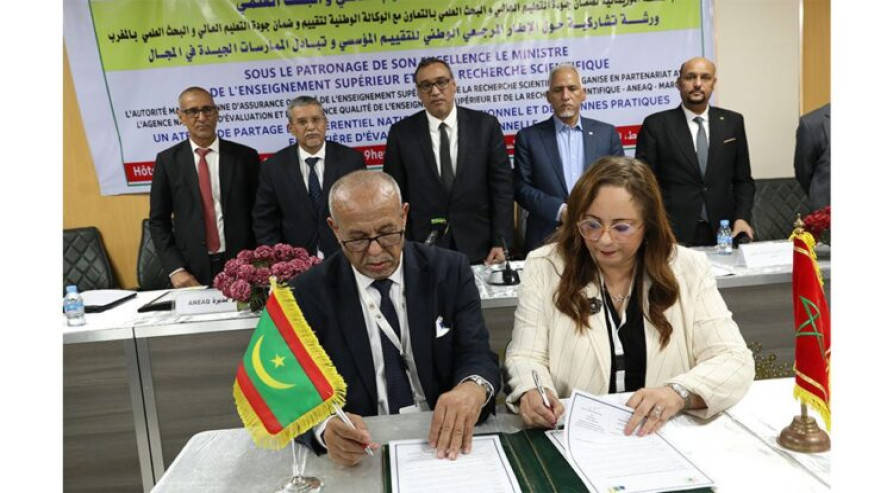
Ongoing Cooperation
The partnership between Nouakchott and Rabat extends beyond military cooperation to include intelligence-sharing, reinforced through meetings between the central directors of Morocco's General Directorate for National Security (DGSN) and General Directorate of Territorial Surveillance (DGST), who meet with their counterparts at Mauritania's Directorate General of National Security.
According to local media reports, this collaboration encompasses operational cooperation and technical assistance in various security fields of mutual interest.
On November 14, 2024, Mauritania's Director General of National Security, Mohamed Cheikh Ould Mohamed al Amin, held a meeting in Nouakchott with the Moroccan Ambassador to Mauritania, Hamid Chabar.
Mauritania's National Security Directorate posted on its Facebook page that the two officials discussed strengthening and expanding the bilateral relations between their countries.
Civilian Cooperation
On November 11, 2024, in Nouakchott, a cooperation agreement was signed between Morocco's Agency for the Evaluation and Guarantee of Higher Education and Scientific Research Quality and Mauritania’s Authority for the Guarantee of Higher Education Quality.
The agreement, signed by Fatima Zahra Alami, the acting director of Morocco's Agency for Higher Education Quality, and Mohamed el Amine Helles, the director of Mauritania's Higher Education Quality Authority, aims to strengthen collaboration, exchange expertise, and share research and publications on topics of mutual interest.
On October 21, 2024, the president of the Mauritanian National Union of Employers, Mohamed Zeine El Abidine Cheikh Ahmed, met with Moroccan Ambassador Hamid Chabar.
According to AMI, the meeting focused on the strong bilateral ties between Mauritania and Morocco, particularly in the economic and trade sectors, and ways to enhance partnerships and exchanges between economic actors in both countries.
The meeting concluded with a commitment to jointly organize the second edition of the Moroccan Economic and Cultural Week in Nouakchott, scheduled for December 18-24, 2024.
In light of these interactions, Mauritanian writer al-Sayyid Wuld Abah argues that "the urgent task before Morocco and Mauritania today is to rescue the southern coastal axis of the Sahara from fragmentation and decay, moving toward a new strategic approach built on three fundamental pillars."
Wuld Abah outlines the first pillar as the creation of a new regional bloc open to all Sahel and Saharan countries, with clear goals centered around economic integration, common security, and tight political coordination.
The second pillar, he adds, involves activating the Coastal-Atlantic Partnership project, which would boost trade exchanges and provide high-quality development opportunities for the region's countries, with Moroccan and Mauritanian ports playing a central role in offering maritime access to these partner nations.
The third pillar focuses on completing the Nigerian-Moroccan gas pipeline project, which Wuld Abah believes will fundamentally alter life in West Africa. He points out that with the imminent start of Mauritanian-Senegalese gas exports, this project will have even greater prospects.
He concludes by stating that the Mauritanian-Moroccan partnership is not only an objective necessity for both countries but also represents the future hope for the entire Sahel and Saharan region.
Sources
- Military Meeting Between Morocco and Mauritania [Arabic]
- Border Security Challenges and Migrant Crisis Strengthen Moroccan-Mauritanian Military Cooperation [Arabic]
- Signing of Cooperation Agreement Between Morocco and Mauritania in the Field of Higher Education Quality Assessment and Assurance [Arabic]


